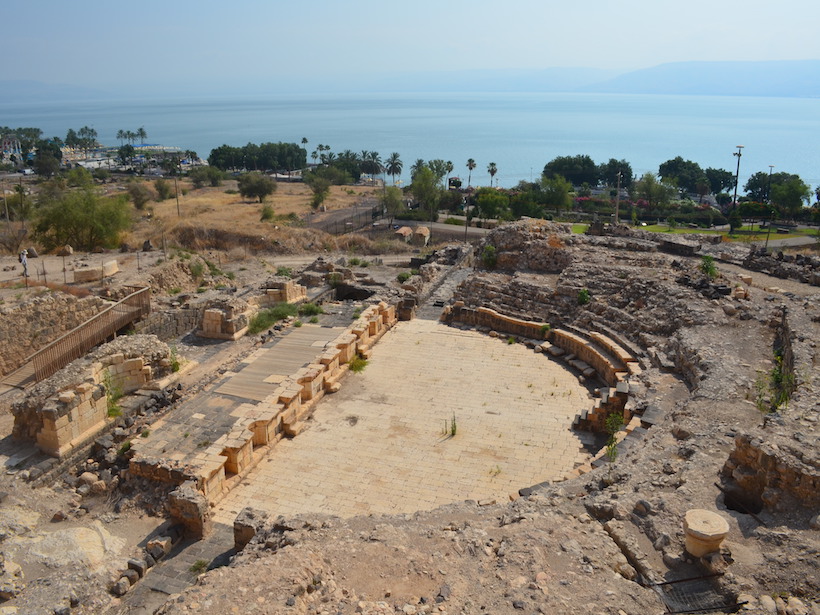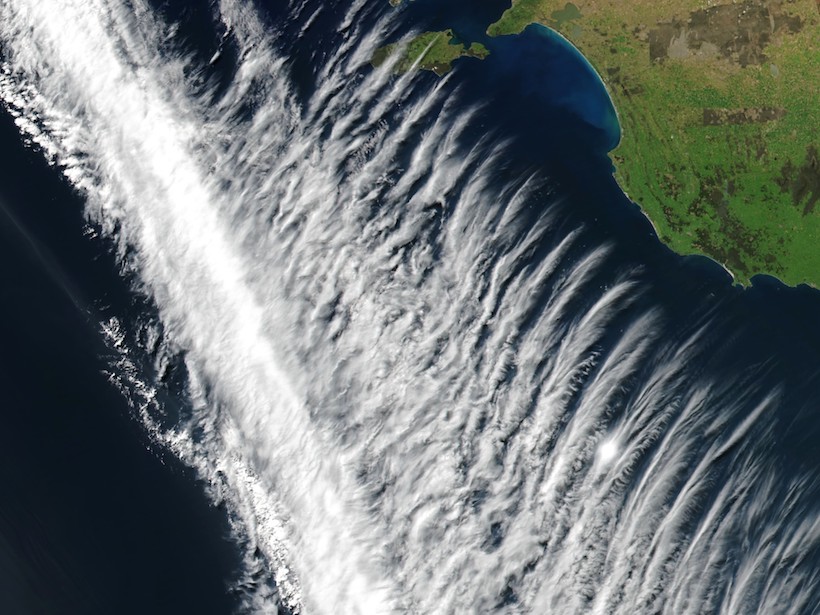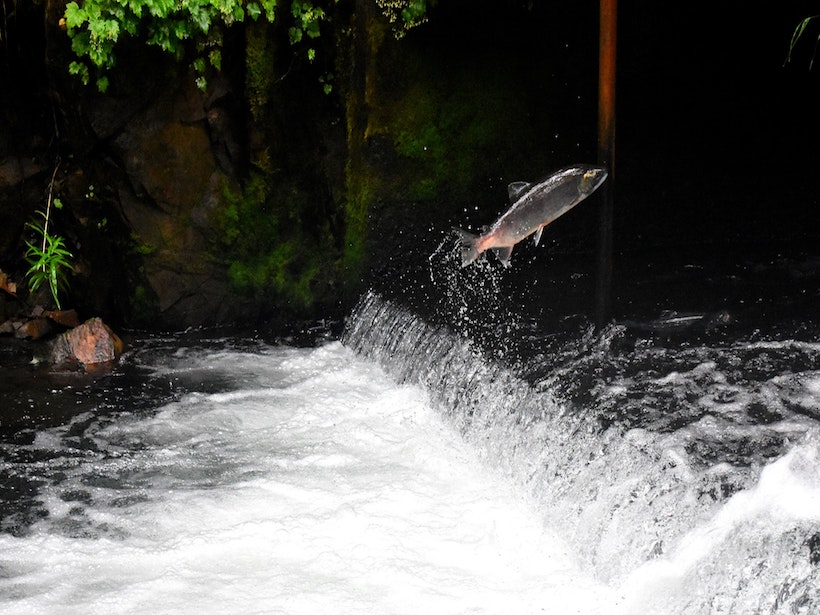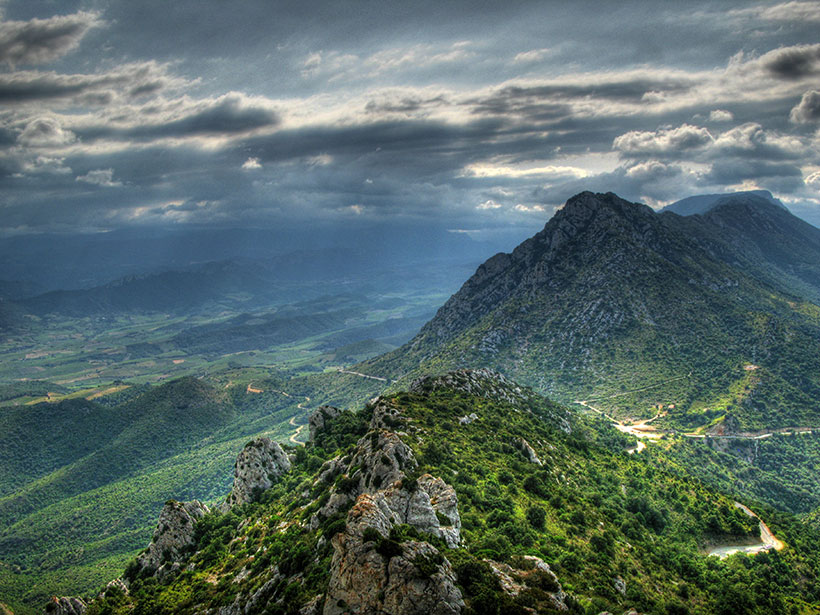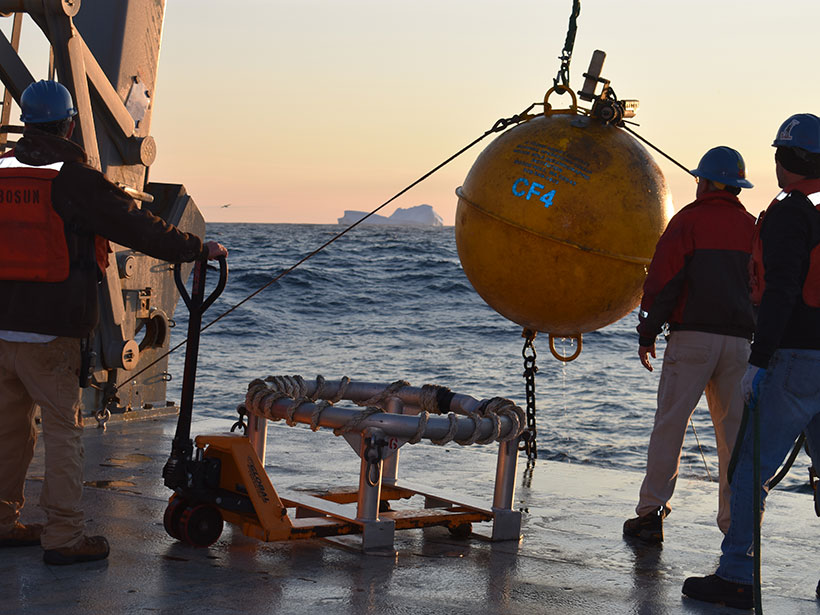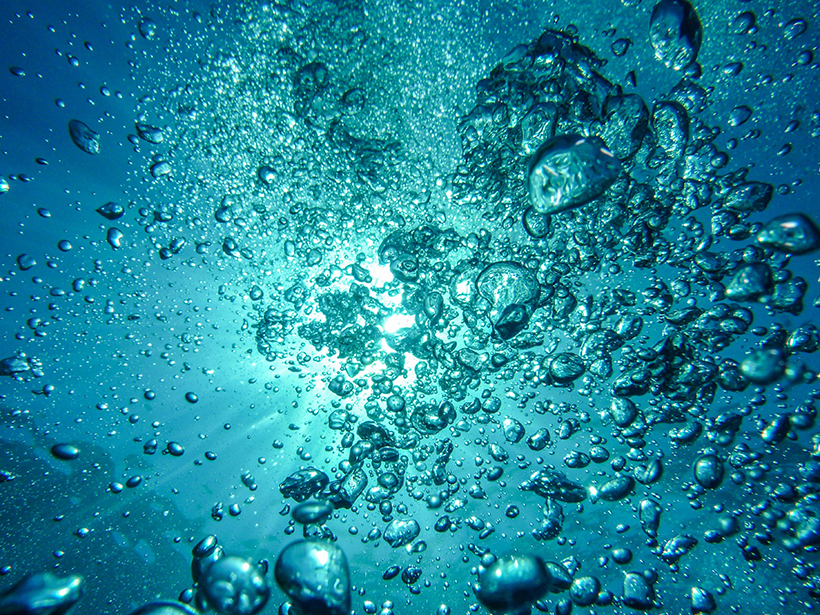Research into past seismic activity shows northeast Israel is still vulnerable to large quakes.
Research Spotlights
Research spotlights are plain-language summaries of recent articles published in AGU’s suite of 24 journals.
Fibers Pick Up Silicon Valley Traffic Changes During Quarantine
Fiber-optic cables measured a 50% decline in Sand Hill Road traffic in March.
Successfully Simulating Atmospheric Gravity Waves
These waves are key to moving energy from the troposphere to the thermosphere, but until now they haven’t been well described at high altitudes in computer models.
A Clearer Look at Lunar Surface Hydration
Independent ground-based observations of the Moon confirm prior spacecraft observations that hydration at the lunar surface varies with temperature.
How River Capture Affects the Evolution of Aquatic Organisms
River basins are dynamic environments that are always changing and reorganizing under geologic forces. New research investigates how this shape shifting influences aquatic speciation and extinction.
Records and Risks of Legacy Phosphorus in Streams
A new study quantifies persistent phosphorus in a drainage basin in Sweden and points out risks and oversights to factor in to future stream management.
Regional Sensitivities Strongly Affect Modeled Climate Extremes
Analysis of temperature and precipitation extremes in two generations of CMIP climate models revealed similarities in regional climate sensitivities, contrasting with divergent global sensitivities.
Most of the Arctic’s Microscopic Algae Are Chilling Under Ice
New research reveals that tiny single-celled organisms in the Arctic Ocean are growing more numerous as climate change thins the ice.
Improving Proxy Representations of Ocean Properties
Many oceanic properties are not directly observed but are instead estimated using proxy measurements. A new method uses physics-based correlations to reduce uncertainty in this relationship.
Deep-Ocean Oxygen May Increase with Climate Change
A millennial-scale ocean simulation indicates that oxygen gains in the deep ocean may offset oxygen losses in the upper water layer under a protracted climate change scenario.

